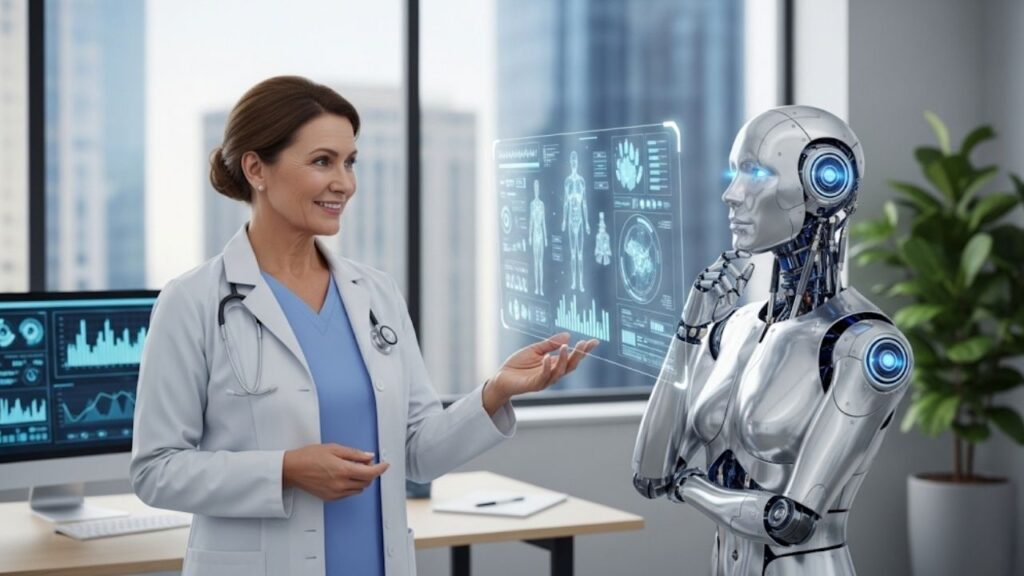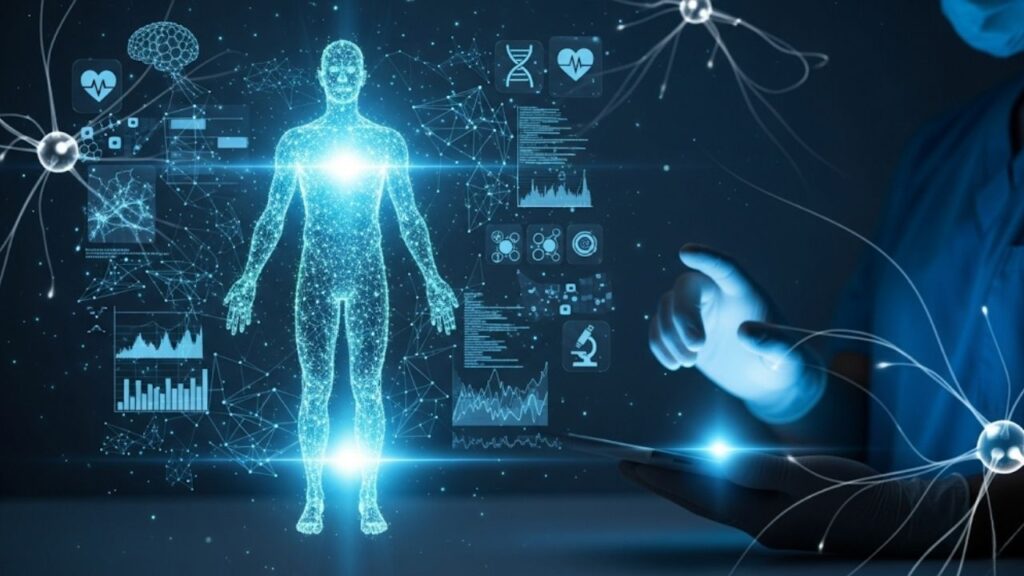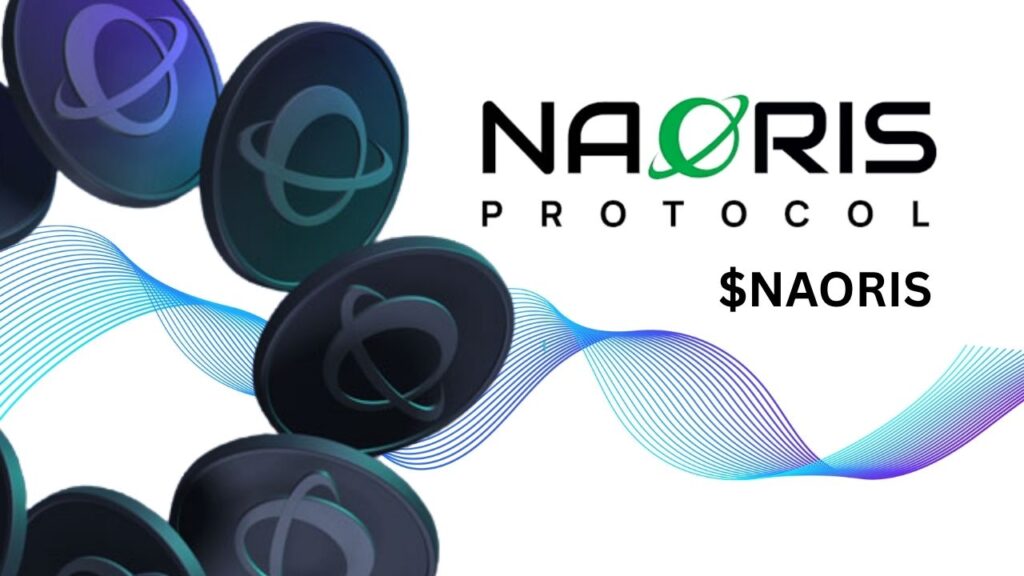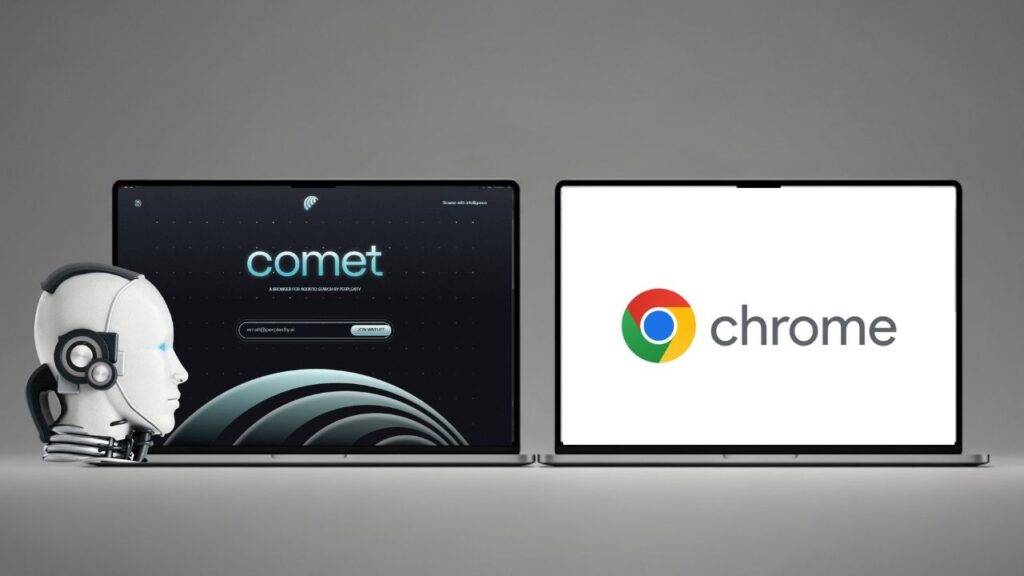Artificial Intelligence, or AI, is no longer a far-off dream in healthcare—it’s rapidly becoming a major part of how doctors diagnose and treat patients in 2025. This technology, which allows computers to think and learn like humans, is helping doctors make faster and more accurate decisions every day. But as doctors lean more on AI, important questions about trust, ethics, and safety are coming to light. How much should we rely on machines, and what risks come with this new technology?

This article will break down the latest research on AI in healthcare, explain what it means for patients and professionals, and offer easy-to-understand advice on what to watch out for as these changes unfold. Whether you’re a medical professional or just curious, this guide will help you understand the remarkable, yet complex, role AI is playing—and will play—in medicine.
Table of Contents
Doctors Could Soon Rely on AI More Than You Think
| Topic | Data/Statistic | Career/Professional Insight |
|---|---|---|
| AI healthcare market growth | Projected $431 billion global market by 2032 | Increasing demand for AI skills in clinical roles |
| Hospital AI adoption | 80% of hospitals use AI for patient care | Hospitals integrating AI for diagnostics, admin, monitoring |
| Predictive analytics use | 25% of US hospitals use predictive AI models | Helps forecast patient risks, reduce readmissions |
| Indian AI healthcare market | Expected $1.6 billion by 2025, CAGR 40.6% | AI driving innovation to address health access challenges |
| Remote patient monitoring impact | Decreases hospitalizations by 38% | Nurses and doctors increasingly rely on AI-powered RPM |
| Generative AI adoption | 46% US organizations in early phases | Generative AI aids clinical decision-making |
AI is transforming healthcare rapidly, helping doctors diagnose diseases faster, monitor patients remotely, and streamline hospital operations. The benefits are clear: improved patient care, better outcomes, and greater efficiency. However, as AI becomes a trusted assistant in medicine, issues of trust, responsibility, and ethics must be addressed to safeguard patient safety and maintain human-centered care. The future of healthcare will likely be a partnership between AI and doctors, blending the best of technology and human insight.
What Is AI in Healthcare?
Artificial Intelligence refers to machines and software that can perform tasks which usually need human intelligence—like recognizing patterns, learning from data, and making decisions. In healthcare, AI includes tools that help doctors diagnose diseases, predict patient outcomes, recommend treatments, and speed up paperwork.

Examples of AI in Healthcare Today
- AI analyzes thousands of X-rays and MRI scans in moments, spotting tiny signs of illness.
- Virtual assistants help patients book appointments or answer health questions online.
- Predictive AI tools warn doctors about complications before symptoms appear.
- AI-powered robots assist in routine administrative tasks, freeing medical staff to focus on patients.
Why Is AI Becoming So Important Now?
The healthcare industry is under more pressure than ever. There are too few doctors and nurses for the growing patient population, diagnoses can be complex and time-sensitive, and hospitals often face administrative chaos. AI technology offers tools that can help solve many of these challenges by making care faster, safer, and more accessible.
For example, in countries like India, where healthcare access varies widely, AI is helping reach rural communities and improve diagnosis quality. Partnership programs like the Ayushman Bharat Digital Mission are leveraging AI to upgrade healthcare data systems for the entire country.
How AI Is Shaping the Doctor’s Role
Doctors are increasingly relying on AI for support, not replacement. AI provides data-driven insights that can back up clinical decisions—speeding up treatments and reducing errors.
Practical Uses for Medical Professionals
- Diagnostic Support: AI reads medical images and offers a second opinion, helping radiologists catch diseases earlier.
- Patient Monitoring: AI tools track vital signs remotely and alert healthcare providers to urgent changes.
- Administrative Assistance: AI automates patient scheduling, documentation, and billing workflows.
This partnership helps doctors focus more on personal care and complex cases while relying on AI for routine data analysis.
The Alarming Questions: Risks and Ethical Concerns
As helpful as AI can be, there are alarming questions about its growing role:
1. How Much Should Doctors Trust AI?
AI can make mistakes or misinterpret data, especially if trained on biased or incomplete information. When doctors rely too heavily on AI, it might lead to misdiagnoses or missed symptoms.
2. Who is Responsible When AI Goes Wrong?
If an AI system suggests a wrong treatment, who is accountable? The doctor, the hospital, or the AI developer? Legal frameworks are still catching up.
3. Can AI Replace Human Judgment and Empathy?
Medicine is as much about communication and understanding a patient’s unique experience as it is about data. AI cannot replace the human touch entirely.
Step-by-Step Guide for Healthcare Professionals Using AI
Step 1: Understand AI Capabilities and Limits
Be aware of what your AI tools can and cannot do. Stay updated on the latest research and versions.
Step 2: Verify AI Recommendations
Always double-check AI-generated results with your clinical judgment and patient history.
Step 3: Train Continuously
Invest time in learning about AI technologies, attending workshops, and collaborating with tech experts.
Step 4: Protect Patient Data
Ensure that AI systems comply with data privacy laws like HIPAA to safeguard patient information.
Step 5: Engage Patients in Conversations About AI
Explain how AI is used in their care to build trust and transparency.
AI’s Future in Medicine: Balancing Innovation and Caution
Experts predict that AI could streamline up to 90% of medical imaging analysis and reduce hospital readmissions with targeted predictive care. However, widespread adoption needs thoughtful safeguards, including:
- Strict regulations on AI development and implementation.
- Ethical guidelines ensuring human oversight.
- Continuous validation of AI’s accuracy and fairness.
Bill Gates and other visionaries warn that AI may replace many routine tasks of doctors in the next decade, emphasizing the importance of training healthcare professionals for an AI-enhanced future.
AI-Powered Robots Can Now Take Apart Your Smartphone Piece By Piece
Google Expands AI Search Mode Worldwide With Powerful New Features
Say Farewell to the AI Bubble — Are You Ready for the Big Crash?
FAQs About Doctors Could Soon Rely on AI More Than You Think
Q1: Can AI fully replace doctors?
No. AI supplements doctors but cannot replace the complex human skills involved in medical care.
Q2: Is AI safe for patient diagnosis?
AI tools undergo rigorous testing, but they should always be used alongside clinical judgment.
Q3: How is patient privacy protected with AI?
Strict data security laws govern AI use, but ongoing vigilance is necessary to prevent breaches.
Q4: Will AI reduce healthcare jobs?
AI changes some job roles but also creates new opportunities requiring tech expertise.



















